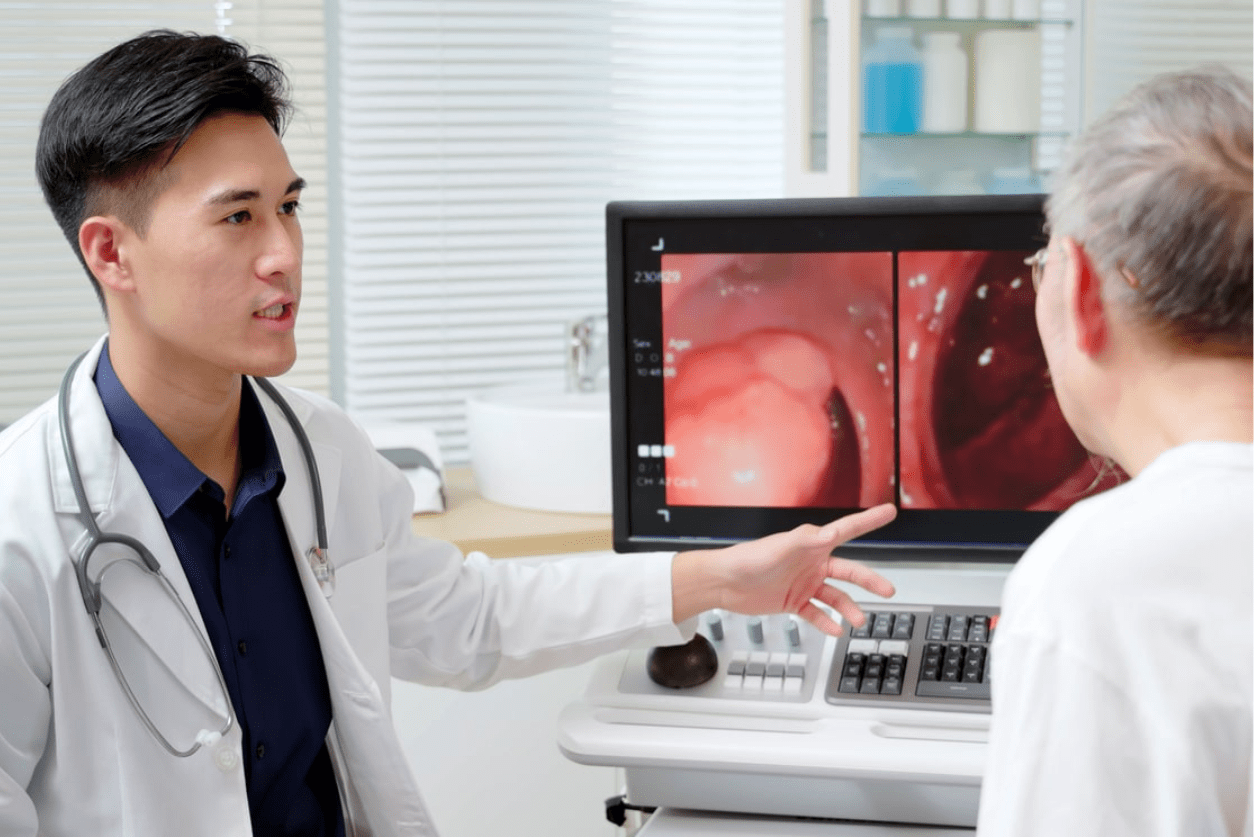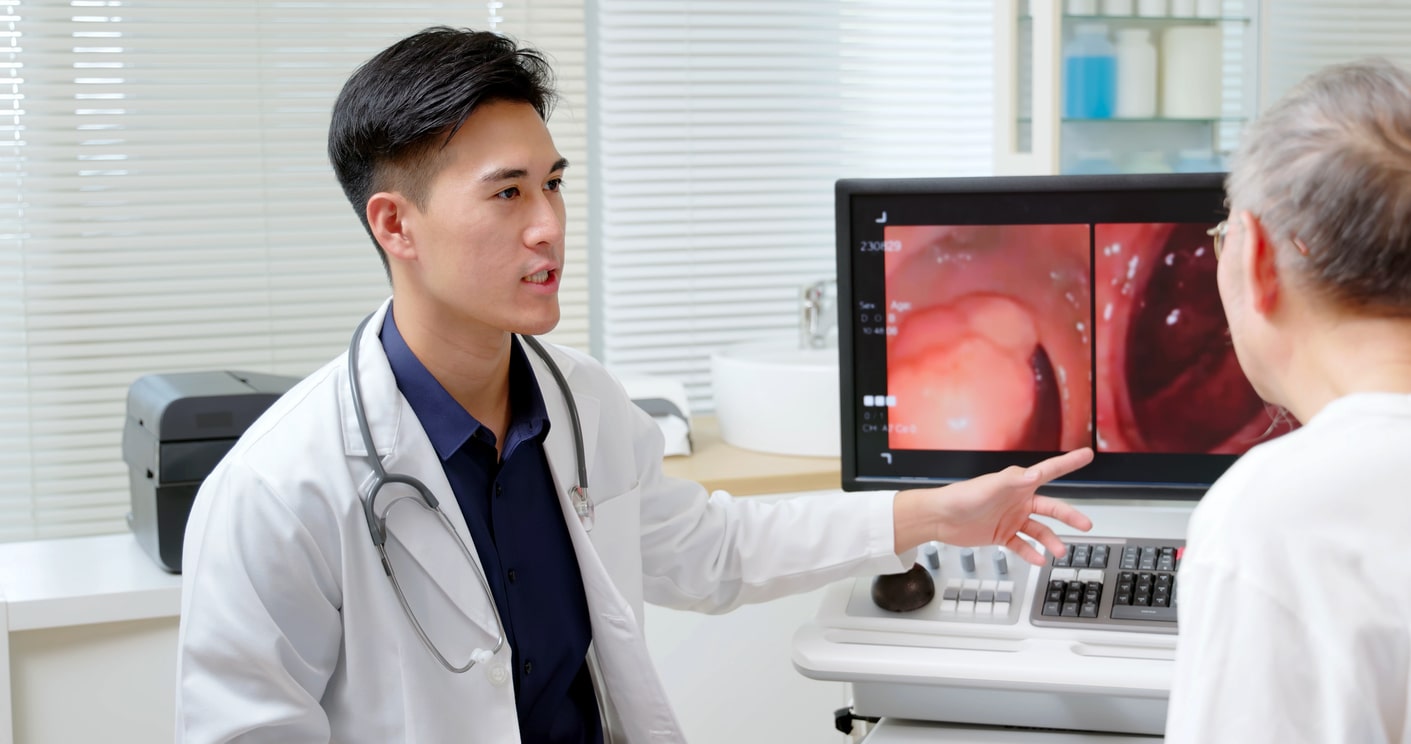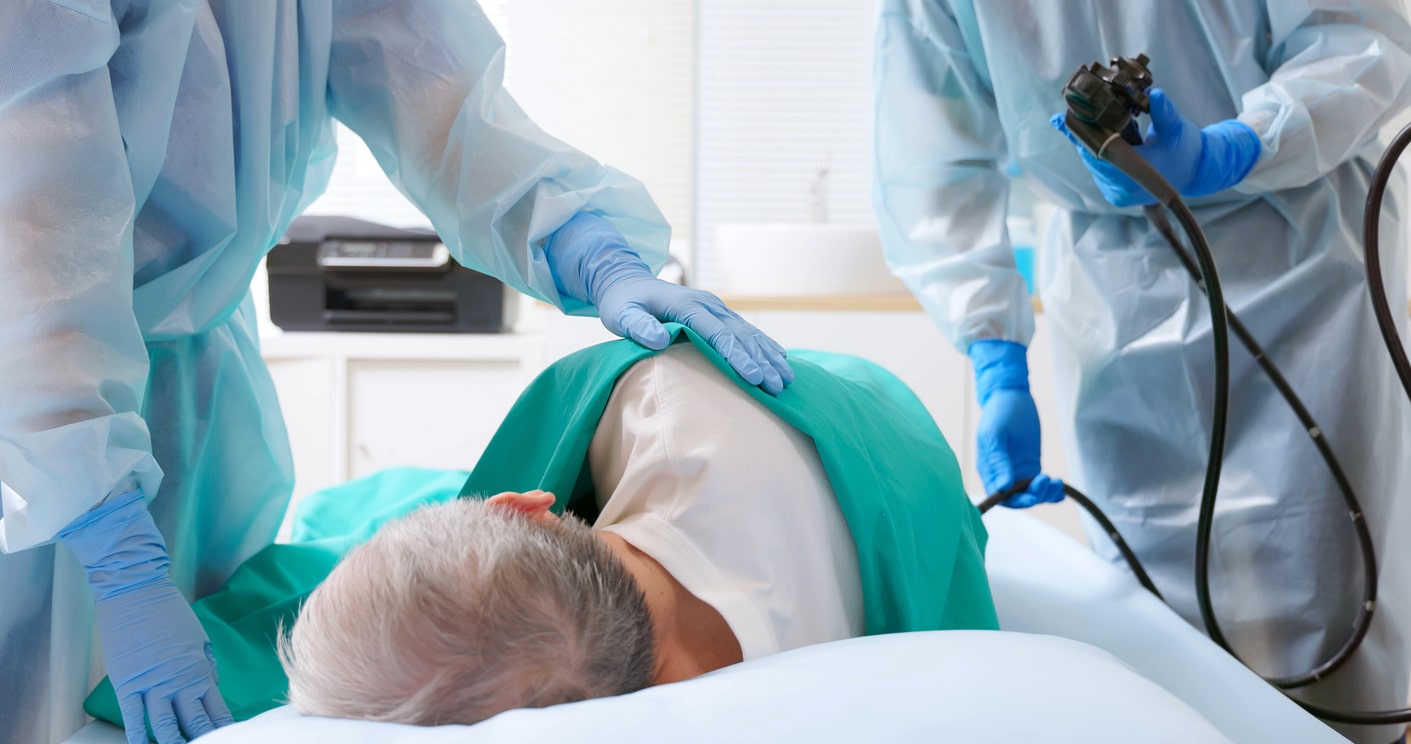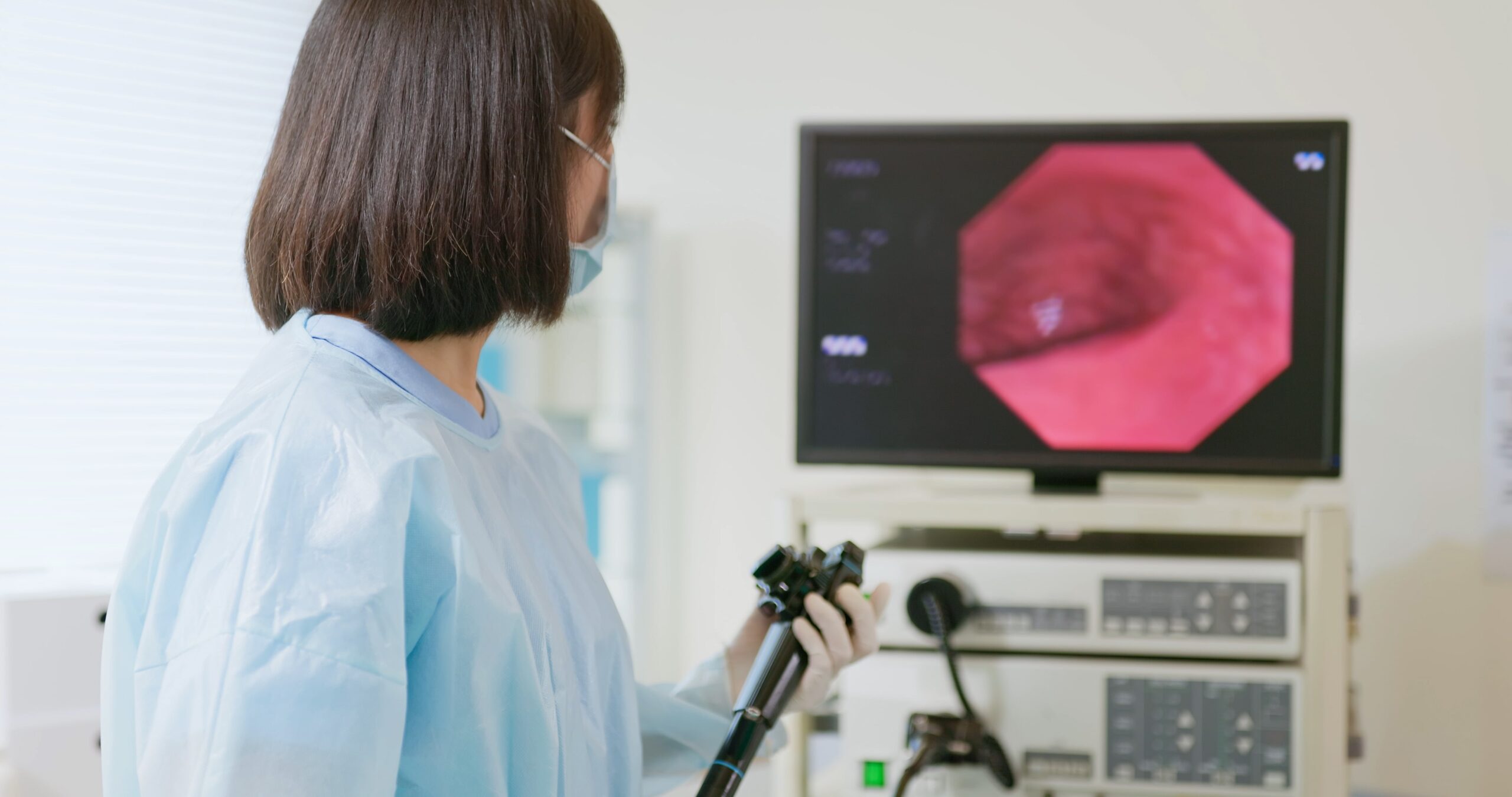
From Preparation to Recovery: How Long Does a Colonoscopy Take?
A colonoscopy is a vital screening procedure used to detect anomalies or precancerous growths within the colon, also known as the large intestine. This examination involves the insertion of a flexible, slender instrument called a colonoscope into the rectum. This device has a miniature camera and light source, allowing your gastroenterologist to closely inspect the inner lining of your colon.
During the procedure, your physician will guide the colonoscope through your colon, navigating from the rectum to the cecum, the beginning portion of the large intestine. As the colonoscope advances, a gentle stream of air or carbon dioxide is introduced to temporarily inflate the colon, facilitating a more precise visualization of the colon’s internal surfaces.
How Do You Know If You Need a Colonoscopy?
There are several signs that it might be time to schedule a colonoscopy, even if you’re under 45. If you’re having unexplained changes in your bowel habits, blood in your stool, stomach pain, or unexpected weight loss, it’s essential to talk to your doctor. These symptoms can be signs of conditions like colorectal cancer or inflammatory bowel disease (IBD). If you have a family history of colorectal cancer or genetic conditions like Lynch syndrome, starting screenings earlier is especially important because you may be at a higher risk. It’s important to remember that these symptoms, like changes in bowel habits or unexpected weight loss, can be subtle at first. Paying close attention to your body’s signals and discussing any concerns with your doctor can help ensure timely screening.

How Long Does a Colonoscopy Take?
A colonoscopy typically takes about 30 to 60 minutes to complete, depending on the complexity of the procedure. While the procedure is relatively quick, you should also account for additional time needed for preparation, sedation, and recovery. Most patients spend about two to three hours at the facility, including pre-procedure preparation and post-procedure observation.
Steps of the Colonoscopy Process
Undergoing a colonoscopy involves several important steps to ensure a thorough colon examination. Here’s a breakdown of what to expect:
Pre-Procedure Preparation
- Follow a specified diet, such as low-fiber or clear liquids, as instructed by your doctor.
- Take prescribed bowel prep medication to cleanse the colon.
- Arrange transportation to and from the procedure, as sedation will be used.
Arrival at the Facility
- Check-in and complete necessary paperwork.
- Change into a hospital gown.
- Review your medical history and the procedure details with the medical team.
Sedation and Preparation
- Receive sedation to help you relax and minimize discomfort during the procedure.
- Get positioned on your side on the examination table.
Colonoscopy Procedure
- A colonoscope is gently inserted through the rectum and guided through the colon.
- The doctor examines the colon, takes biopsies, or removes polyps if necessary.
Recovery and Observation
- You’ll be monitored as the sedation wears off.
- The doctor will discuss their initial findings and provide post-procedure care instructions.
Post-Procedure Recovery
- Rest at home and gradually resume normal activities.
- Monitor for any potential side effects, such as bloating or mild cramping.
- Follow up with your doctor if needed for further results or treatment.

Healing After a Colonoscopy
After your colonoscopy, follow these post-procedure guidelines to ensure a smooth and comfortable recovery.
- Hydration: Drink plenty of fluids to rehydrate, as the bowel prep and procedure can leave you dehydrated.
- Diet: Start with light, easily digestible foods, such as soups, crackers, and toast, before gradually returning to your regular diet.
- Avoiding Strenuous Activities: Refrain from heavy lifting or vigorous exercise for at least 24 hours after the procedure as your body recovers from sedation.
- Monitoring Symptoms: Pay attention to any unusual symptoms, such as severe abdominal pain, persistent bloating, or rectal bleeding, and contact your doctor if they occur.
- Rest: Give your body time to recover by resting for the remainder of the day. Taking it easy can help you bounce back more quickly.
- Follow-Up: Schedule a follow-up appointment with your doctor to discuss the results and any necessary next steps if biopsies were taken or if polyps were removed.
The Importance of Regular Screenings
Colonoscopies are one of the best ways to detect colorectal cancer early. This is important because colorectal cancer often doesn’t cause symptoms until it’s in later stages. By getting screened, doctors can find and remove polyps before they become cancerous. Regular screenings also help monitor other conditions, like Crohn’s disease, ulcerative colitis, and diverticulitis. Without treatment, these issues can worsen, so colonoscopies allow doctors to monitor your digestive health. Early detection is critical because when colorectal cancer is found early, it is often easier to treat. Studies show that regular screenings can lower the risk of developing colorectal cancer by up to 68%, making them a powerful tool in cancer prevention.
When Should You Start Getting Screened?
For most people, the recommendation is to start colonoscopies at age 45. But your doctor may suggest starting sooner if you’re at higher risk. If you have no family history or symptoms, starting at 45 is a good way to stay proactive about your health. But if you have digestive problems or a family member with colorectal cancer, earlier screening can help catch any issues before they become serious.

Prevention Is Key
Colonoscopies don’t just detect problems; they help prevent them. Finding and removing polyps early on can stop cancer from developing. Beyond the screening, focusing on healthy habits—like eating a balanced diet, exercising, and avoiding smoking—can lower your risk. Colonoscopies give you a clear view of your digestive health and help you make decisions to stay healthy.
Contact Us for Your Colonoscopy
The duration of a colonoscopy is just one part of this vital screening process that can save your life. Understanding the steps involved, from preparation to recovery, helps you confidently approach the procedure. Colonoscopies are crucial for early detection and prevention of colorectal cancer, leading to better outcomes.
With advancements in technology and patient care, the process is now more comfortable and accessible. Prioritizing regular screenings is critical to reducing your risk and ensuring a healthier future. Take the next step in protecting your health and schedule your colonoscopy with Gastroenterology of Greater Orlando today.